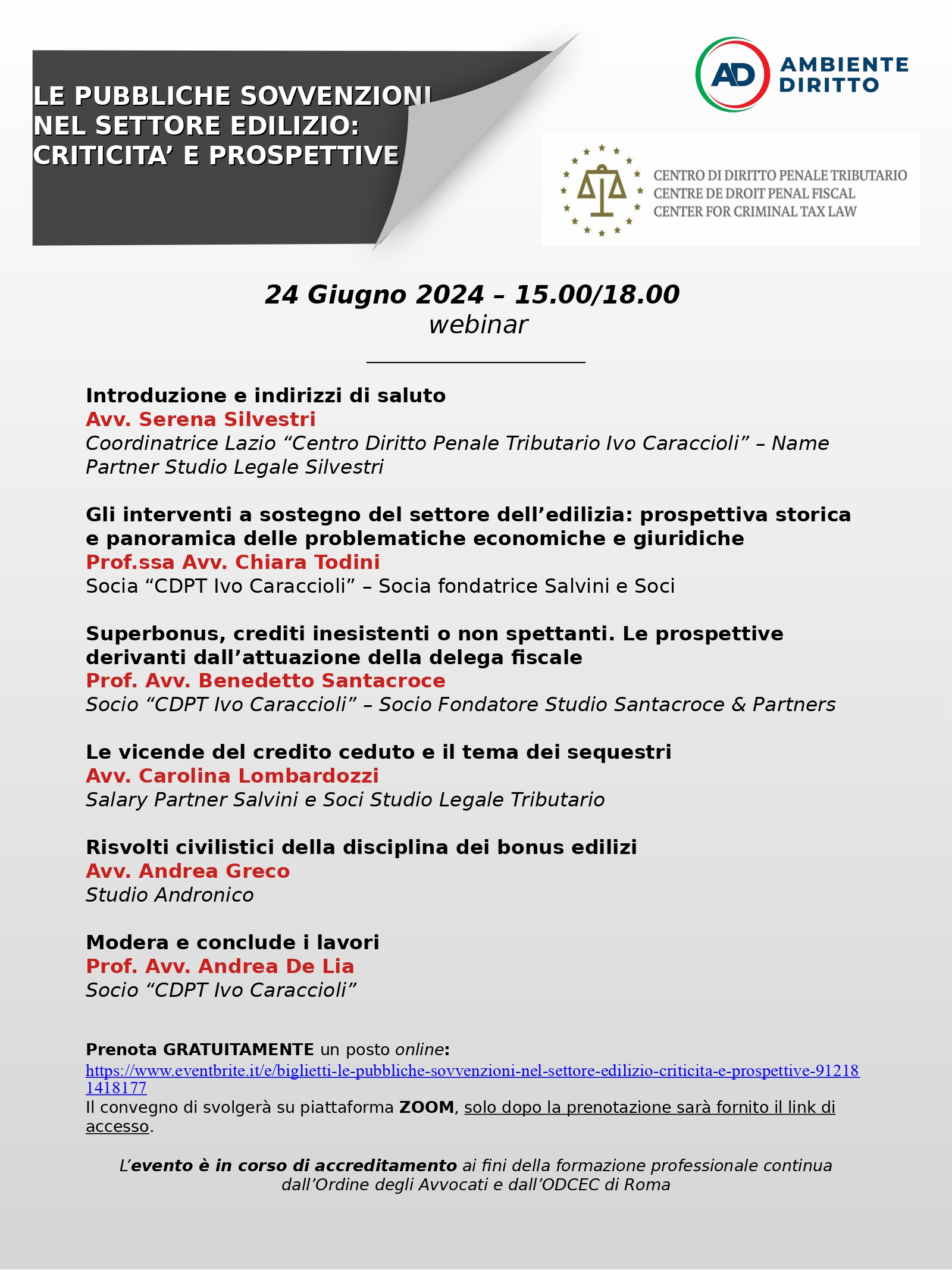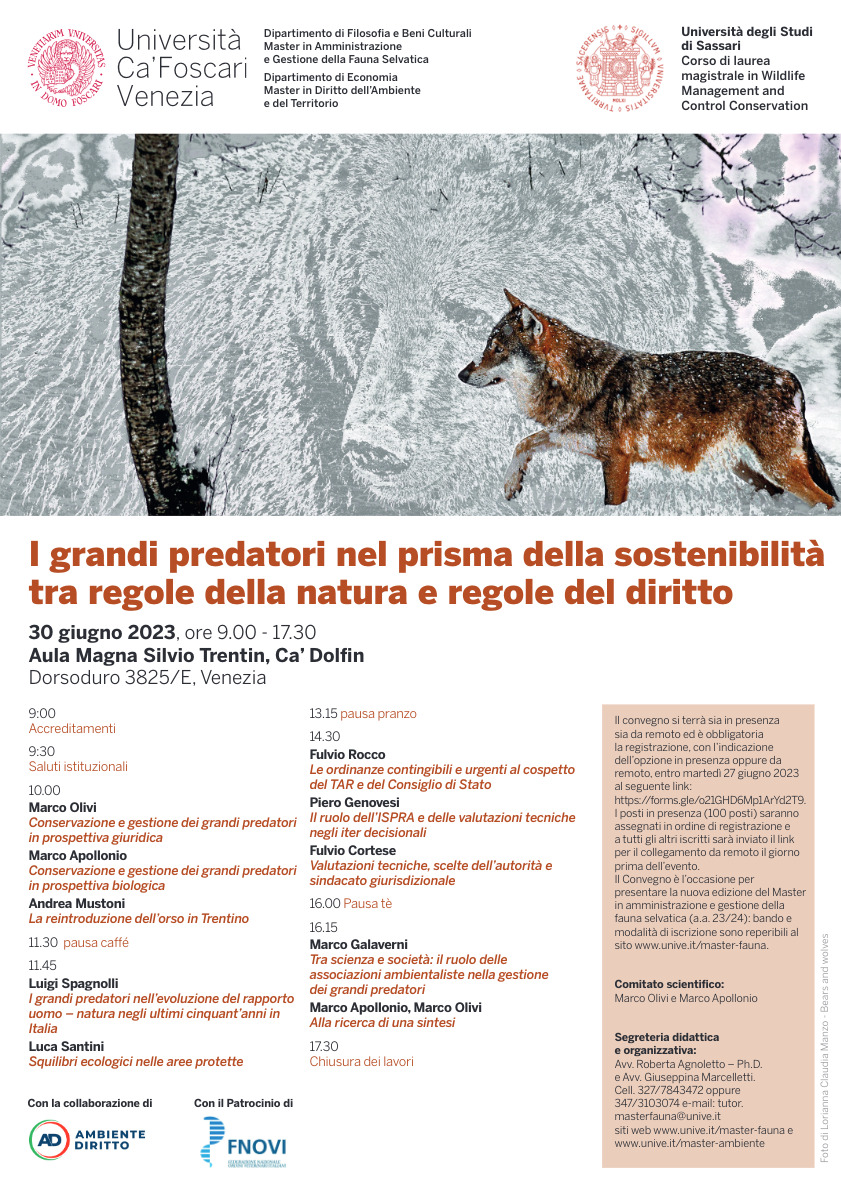______________ AMBIENTEDIRITTO ______________
LEGAL ASPECTS OF HEALTH AND SAFETY AT WORK IN ITALY: RECENT TRENDS AND PERSPECTIVES
Paolo Pascucci
Full professor of Labour law – University of Urbino Carlo Bo
Abstract [It]: il saggio sottolinea come la crisi finanziaria del 2008 e la pandemia abbiano influenzato significativamente i sistemi di produzione, i contratti di lavoro e i livelli occupazionali. Si sono diffusi nuovi metodi di organizzazione del lavoro che comportano sfide significative per i sistemi di protezione della salute e della sicurezza sul lavoro. In particolare, la crescente evanescenza di un luogo di lavoro stabile, a causa dei progressi tecnologici che implicano la delocalizzazione dei lavoratori sempre meno tenuti a mantenere posizioni fisiche fisse, comporta il passaggio da una “sicurezza sul luogo di lavoro” al più ampio concetto di “sicurezza del lavoratore”. Pertanto, pare necessaria l’adozione di un sistema di prevenzione “non-fordista” che vada oltre i limiti spaziali e temporali del lavoro tradizionale in fabbrica, assicurando misure efficaci di salute e sicurezza anche per i lavoratori con contratti flessibili. Ruolo cruciale, nel processo di adattamento ai nuovi scenari del lavoro, è assolto dai sindacati e dai rappresentanti dei lavoratori.
Abstract [En]: the essay emphasizes how the 2008 financial crisis and the pandemic have significantly influenced production systems, employment contracts, and employment levels. Indeed, new methods of organizing work have emerged, posing significant challenges to existing systems for the protection of health and safety at work. In particular, the growing evanescence of a stable workplace, driven by technological advancements detaching jobs from fixed physical locations, leads to a shift from “safety in the workplace” to the broader concept of “worker safety”. Therefore, the adoption of a “non-Fordist” prevention system turns out to be necessary, transcending the spatial and temporal limits of traditional factory work, ensuring effective health and safety measures for workers, even with flexible contracts. A crucial role in adapting to these new work scenarios is attributed to trade unions and workers’ representatives.
Summary: 1. The heritage of the pandemic. – 2. Changes in the work organization. The protection of health and safety for non-standard workers. – 3. Protection of health and safety and the growing evanescence of the workplace. – 4. Health and safety and smart working. – 5. Just in time production needs and health and safety at work. Rethinking safety training? – 6. For a “non-Fordist” prevention system. The importance of the organization, management and control models. – 7. Concluding remarks: health safety and safety at work, AI and environment.
Scarica allegato





 AMBIENTEDIRITTO.IT EDITORE
AMBIENTEDIRITTO.IT EDITORE